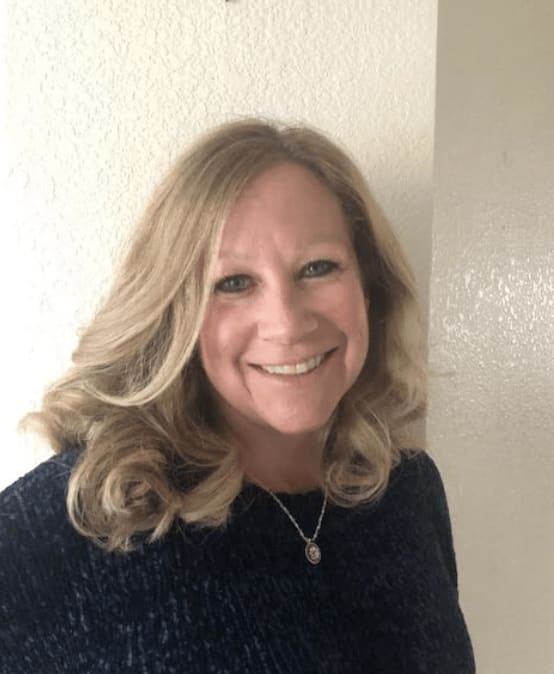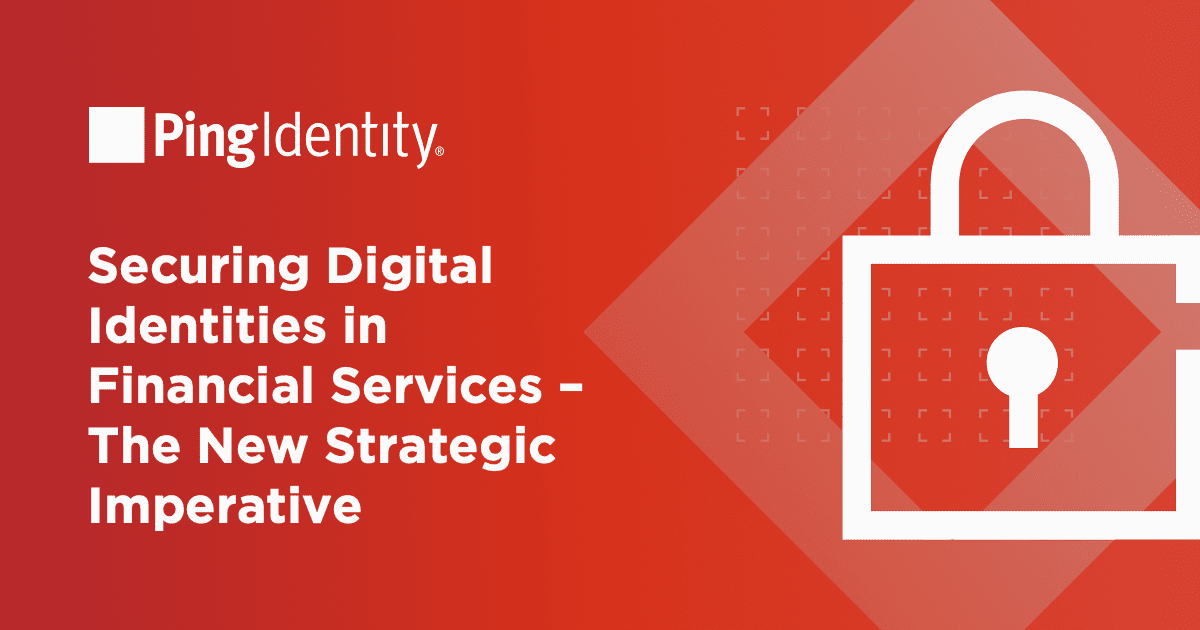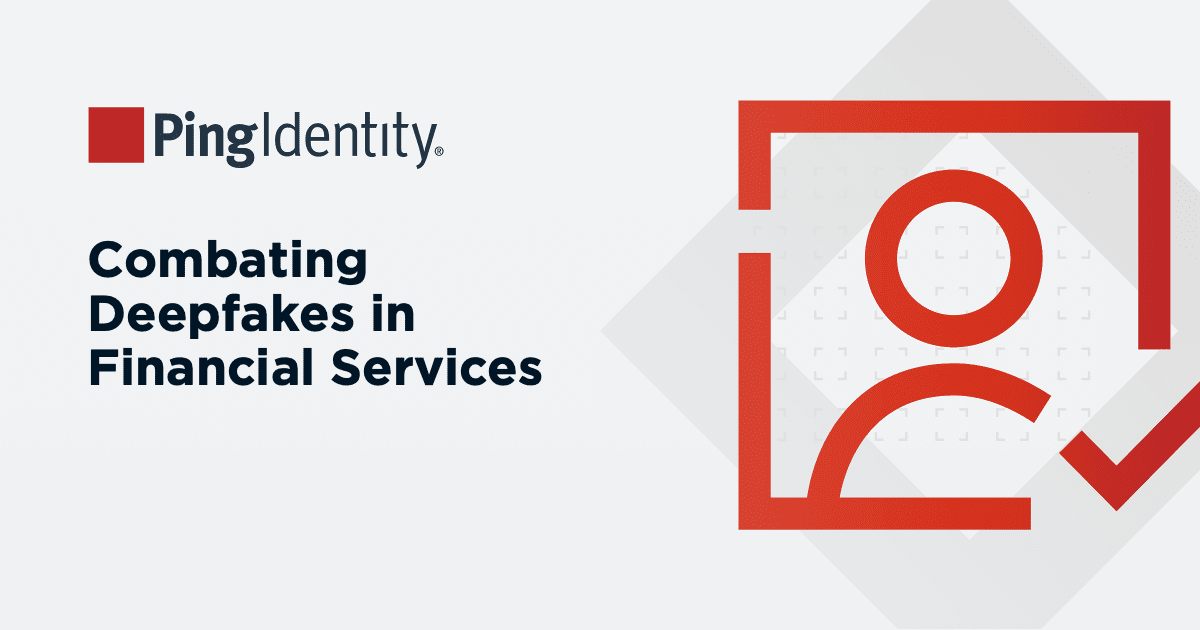As COVID-19 continues to affect our world, the importance of keeping citizens informed is even more critical now than ever. Media giants like the British Broadcasting Company (BBC) have found themselves serving as a central player in helping millions of people stay connected and safe with new programming and services aimed at educating, entertaining, and keeping everyone calm – from small children to aging adults.
The venerable brand has met the challenge by mobilizing its workforce quickly to work remotely and by doubling down on a digital transformation strategy grounded in identity in order to handle a massive influx of consumer demand that came to the BBC nearly overnight.
We recently talked with Matt Grest, director of platform for the BBC, to learn how his organization is able to successfully keep employees productive and provide the essential information consumers need during the crisis.
Supporting Remote Workers
ForgeRock: When it became obvious that working from the office was no longer possible, how were you able to get your team operational from home quickly?
Matt: We were fortunate in many ways. I have about 350 people on my Platform team at the BBC. Many already had experience working remotely before the pandemic hit and were using best practices, like morning stand-up meetings. To help make the shift smooth for everyone, we were also able to quickly give employees instant access to appropriate applications so they could continue their work from home. In the last six weeks, I've been very fortunate that my team has continued to be productive whilst our offices were running at about 10% capacity. We're still in the early days, but it's appearing that efficiencies are comparable, if not better, than with the on-premises working model.
Scaling to Meet Demand
ForgeRock: Seismic shifts in audience size can present unexpected risk. What sort of growth have you seen?
Matt: We're getting World Cup numbers every day at 5 p.m., right when everyone tunes in to hear what the Prime Minister is saying about the COVID-19 crisis. Millions of people want the information instantaneously and in different formats, such as video, text, and audio. Our challenge is to respond to this ever-increasing demand and provide seamless service to our audience.
During the COVID-19 crisis, we are experiencing record numbers of customers tuning in for live news updates and streaming content every day. We're also seeing changes in usage patterns, such as significantly more consumers demanding content in the middle of the day. Meeting scalability challenges is something that never goes away. As an increasing number of people shift their viewing habits away from traditional broadcast TV and onto digital platforms, scaling up to meet this demand becomes a daily focus for us. In 2017 we introduced the ability for our audience to sign-in to iPlayer. Getting people signed in means we can offer them a truly personalised experience. Now, in 2020 the majority of people in the UK have a BBC account and use it to access our personalised online services. Again, this posed another huge scalability challenge as we had to build out our systems to cope with an ever-increasing demand.
Launching New Services and Content
ForgeRock: Meeting the needs of consumers across a wide range of demographics can't be easy. What challenges have you faced?
Matt: In addition to supporting remote workers and changing capacity, we are also rolling out new content and services. In April 2020, we introduced BBC Bitesize, a website that provides parents and students with free videos, step-by-step guides, activities, and quizzes by level and subject. We relaunched the service within weeks and saw three million people use the service on launch day, with zero downtime.
Children can be more challenging to authenticate. Article 8 of the GDPR dictates that users under the age of 16 need parental consent to access content. We deliver highly personalised, age-appropriate experiences in a compliant manner while ensuring kids are using their own accounts versus their parents. Kids can even authenticate their identities via voice-first commands, an age-specific preference that could have been difficult but we were able to deliver it with minimal headaches.
Personalized Data Is Better Data
ForgeRock: Offering personalized services adds significant value for your consumers. But with that comes a huge responsibility to protect a vast amount of customer data. How do you earn the trust of your users?
Matt: A personalised BBC makes for a better BBC. Once we get our audience signed in, we can then understand people' likes, dislikes, device preference, time-of-day usage, and more in order to deliver a bespoke and optimal user experience. At the same time, we must remain compliant in keeping customers' data secure and allow users to opt out of the personalised experience if they desire.
Future Scalability Considerations
ForgeRock: Innovation is at the heart of what you deliver every day for millions of customers. What's next at the BBC?
Matt: The future is digital, and the biggest ongoing challenge for us is scalability. Today, we keep users signed in for two years (compare that with banks that log users off after a few minutes of inactivity). In addition, each user leverages the BBC with three different devices, on average. With 45 million users working with three to four devices, it could be a big challenge to manage access and active sessions, but we have the right technologies to help us meet our goals.
As we look to introduce more new and exciting services over the next few years, continuing to scale up our ability to deal with increasing millions of people who wish to access an ever-increasing amount of content is an ongoing challenge for us – a challenge our team thrives on.
The BBC is a public service, and we need to keep pace with customers, but we can't leave anyone behind. For example, we need to balance expanding our digital content and services whilst also catering to the audiences who prefer to tune in via traditional channels like radio and television.
As a BBC consumer personally, I am one of those who enjoy BBC content, such as the fabulous TV show "Killing Eve." I can't wait to see what they offer us next.
As Director of Platform, Matt is responsible for leading the transformation of the BBC's digital and broadcast products into a fully integrated platform, bringing together the BBC's content library, digital archive and audience services into a single integrated platform, and preparing the BBC for an Internet-fit future. Since starting at the BBC in 2017 Matt has created the Platform Group; bringing together teams around the UK that provide content and personalisation services to the BBC's digital products, and created a single integrated organisation. Matt sponsors the BBC's Step into Tech initiative, giving women training and a pathway into a digital career. Matt has also sponsored the BBC's technology expansion in Glasgow. Prior to joining the BBC, Matt was Director of Digital Platforms at Sky, where he was responsible for the technology that powers Sky's Digital products. Matt also lead the creation of Sky's digital hub in Leeds. Previous roles include leading the team responsible for the main NHS digital platform, leading technology teams on large scale financial services mergers and acquisitions, and took an ISP from start-up through to exit.
Identity Connects Everyone to Everything, Everywhere
Find out how ForgeRock delivers work from home and online consumer experiences at scale here.
Check out this article to learn how ForgeRock is uniquely positioned to help companies through their digital transformations.


